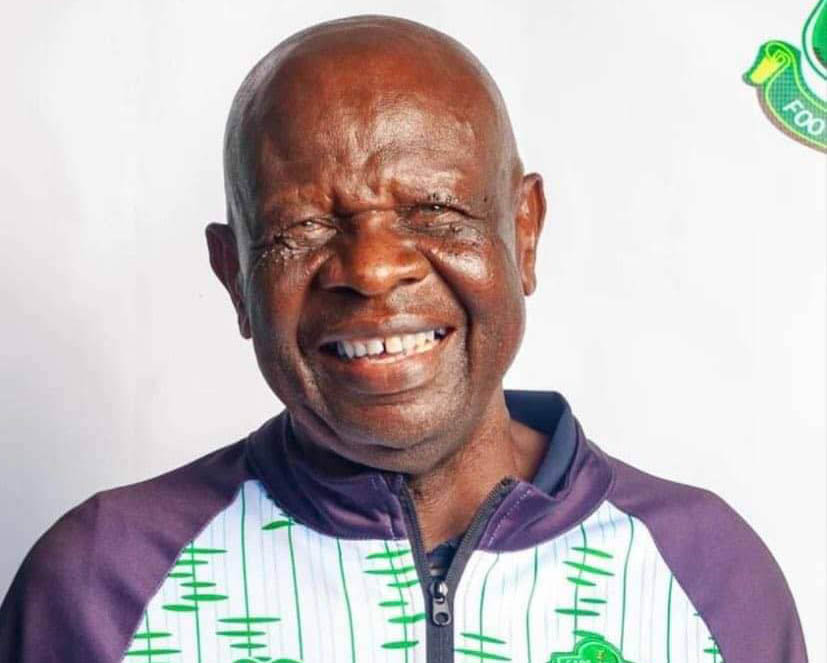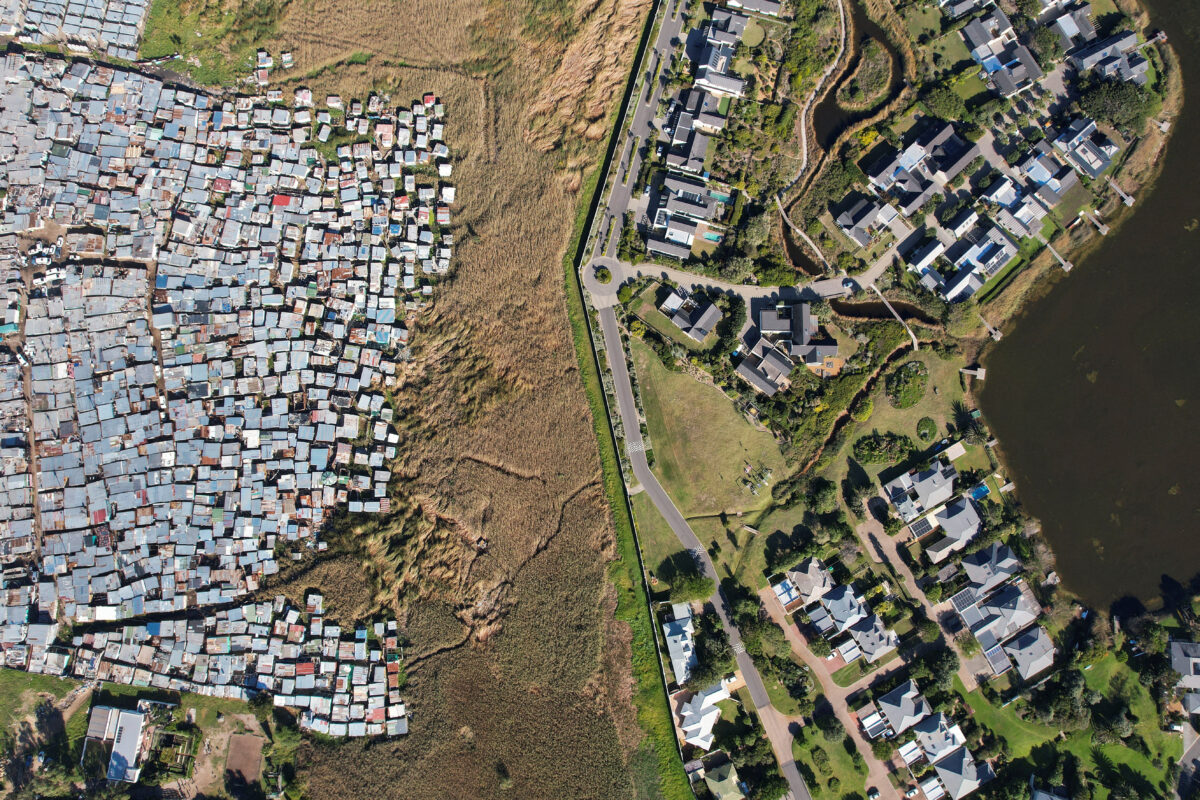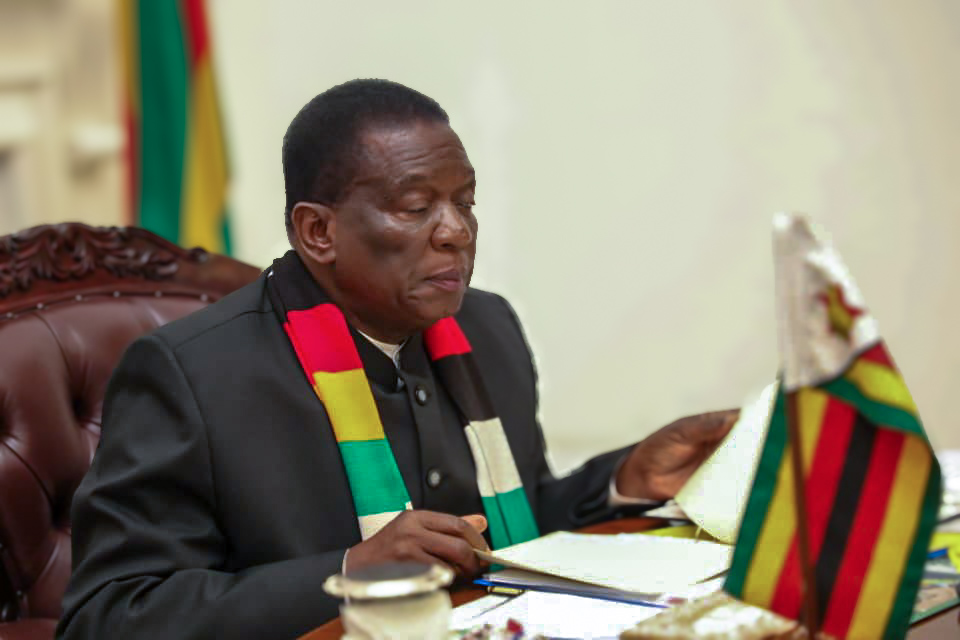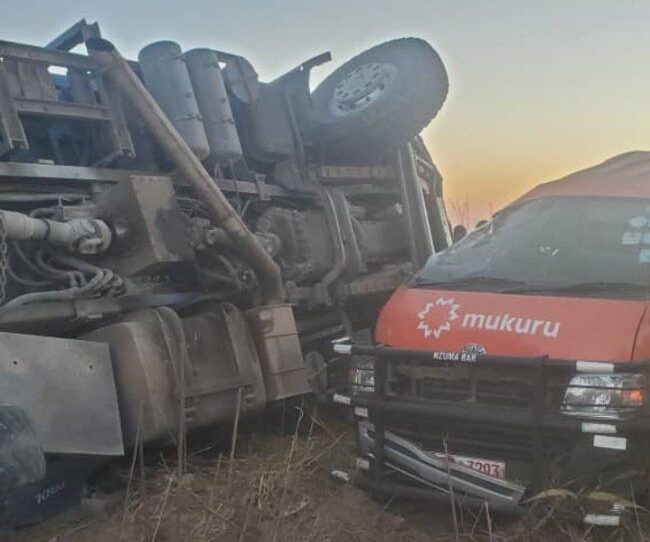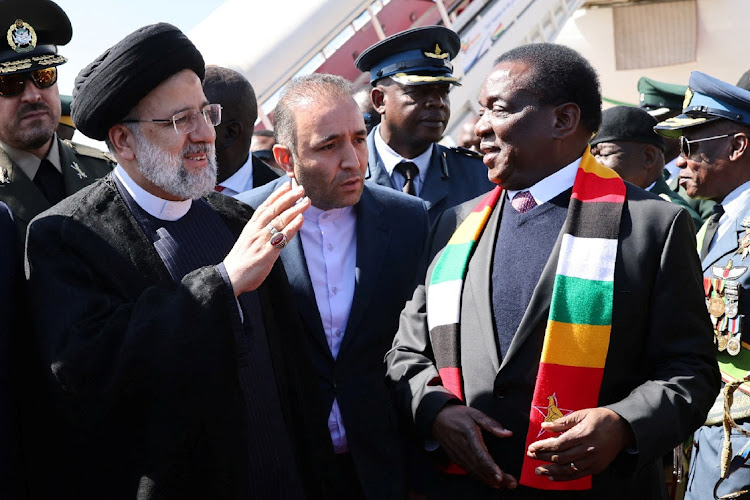HARARE – Delta Corporation, Zimbabwe’s largest brewer, on Thursday scrapped its plan to only accept hard currency amid a severe dollar shortage following a surprise meeting with Acting President Constantino Chiwenga.
Delta, 40 percent owned by Anheuser-Busch Inbev, said on Wednesday that its beverages subsidiary would accept hard currency only from January 4 to help it cope with a crippling shortage of United States dollars in Zimbabwe.
Industry and Commerce Minister Nqobizitha Mangaliso Ndlovu had declared that Delta’s decision “cannot be allowed” while also describing the move as “illegal”.
Following the meeting with Chiwenga, Delta and Reserve Bank of Zimbabwe governor John Mangudya released a joint statement in which the central bank promised to release foreign currency to help Delta pay its international suppliers.
“The parties agreed that Delta withdraws the notice to sell its products exclusively in hard currency, in the spirit of the multi-currency framework,” a joint statement signed by Mangudya and Delta CEO Pearson Gowero said.
“The Reserve Bank of Zimbabwe will endeavour to provide the foreign currency required to ensure that Delta continues to trade on the current basis.”
Dollar shortages have left many businesses in Zimbabwe struggling to operate and Ndlovu’s comments indicate the worsening currency crisis could drive a wedge between business and the government.
Accepting only certain forms of payment was illegal and a step taken in bad faith, Ndlovu said, but did not say which laws would be broken.
“Government is very clear that this practice is unacceptable and has to stop forthwith and if not, the law will take its course,” Ndlovu said.
“At the centre of the relationship between government and business is the spirit of engagement and a two-way communication between all parties. That spirit is defeated when one of the parties decides to unilaterally pronounce decisions against both the text and spirit of agreed principles.”
Under Delta’s plan, the company would have stopped accepting payments in electronic dollars or a quasi-currency known as bond notes, which most Zimbabweans are paid in.
The dollar shortage has pushed inflation in Zimbabwe to a 10-year high and prompted shortages of basic goods six months into the term of new President Emmerson Mnangagwa.
The president had promised to fix the crisis, but his administration now faces push back from businesses over its handling of the currency crunch, just as doctors stage a nationwide strike demanding better pay and conditions.
Zimbabwe adopted the use of foreign currency, mainly the U.S. dollar, in 2009 after its own currency was beset by hyperinflation, but a severe shortage of physical notes has seen deposits in Zimbabweans’ bank accounts lose value compared with cash.
The central bank issued bond notes, pegged to the dollar, in a bid to fix the shortage, but this too lost value against the U.S. dollar.



